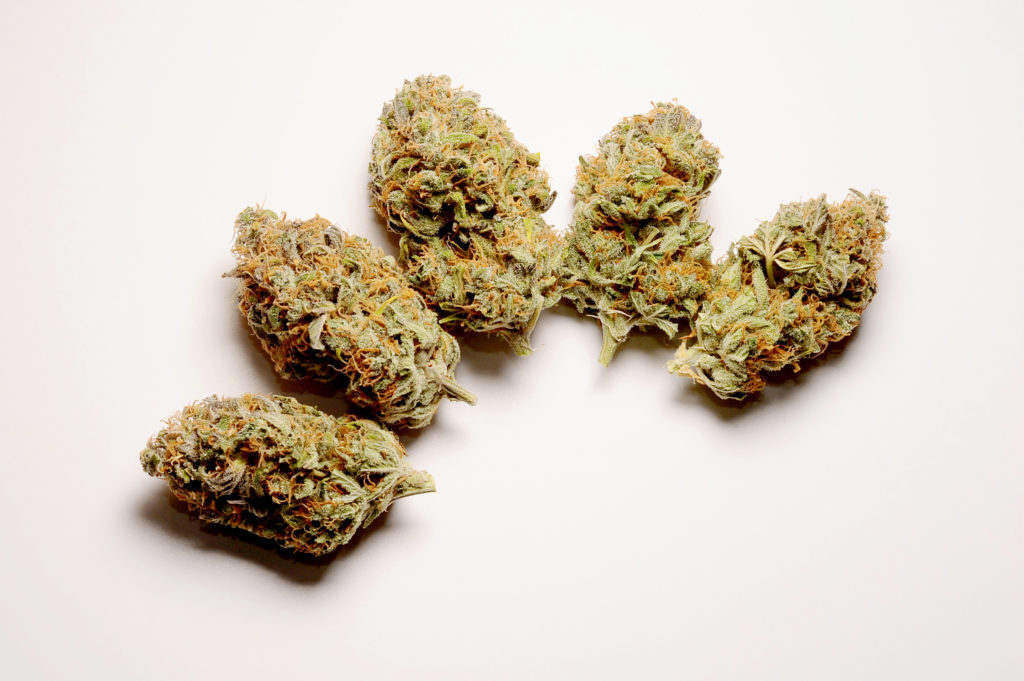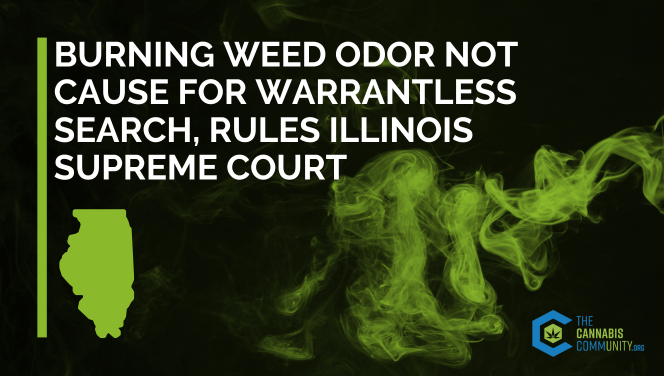Memory and Cannabis: The Connection Between the Brain
Table of Contents
For as long as memory serves, cannabis consumers and patients have faced contradictory information regarding the effects of cannabis on the brain.
Since the early 20th century, prohibitionists have been claiming that cannabis use by humans produces a variety of mental problems and deficiencies, from killing brain cells to a range of psychiatric disorders to the lowering of intelligence.
Programs like D.A.R.E (launched in 1983 in, ironically, Los Angeles) preached the dangers of marijuana use to school children throughout the United States.
The natural herb was included with hard drugs known to involve serious physical addiction and sometimes fatal withdrawal symptoms, including heroin and cocaine.
Such efforts have served to taint the reputation of cannabis and convince millions of consumers that prolonged use of the plant may result in problems such as memory deficiencies or other cognitive problems.

THC, CBD, Memory and Neuroplasticity
Meanwhile, scientists for decades have touted the potential of phytomolecules such as delta-9 tetrahydrocannabinol (THC) and cannabidiol (CBD) to do things such as improve the neuroplasticity and overall health of brain cells.
This is of understandably significant consequence to the large patient populations afflicted with conditions such as Alzheimer’s, Parkinson’s, and autism.
Research Study Results
With such conflicting evidence promoted to several generations of North Americans, what does the hard science and research say?
Below are six peer-reviewed research studies conducted over the past two decades regarding the effect of long-term cannabis use on memory function and overall cognitive performance.
A 2001 study entitled “Neuropsychological Performance in Long-term Cannabis Users” that was published in the journal Archives of General Psychiatry investigated the longitudinal impact of cannabis use on cognition.
The human clinical trial study involved 180 test subjects categorized as 63 “current heavy users” (who had consumed at least 5000 times during their lives and were daily users at the time of the study), 45 “former heavy users” (who had consumed at least 5000 times during their lives but fewer than a dozen times in the past three months), and 72 control subjects who had consumed fewer than 50 times during their lives.

All participants abstained from cannabis consumption for 28 days (confirmed by urinalysis), a period over which cognitive and memory performance data was gathered (at day 0, 1, 7, and 28).
Reported the study’s authors, “We administered a neuropsychological test battery to assess general intellectual function, abstraction ability, sustained attention, verbal fluency, and ability to learn and recall new verbal and visuospatial information.”
The current heavy users group “scored significantly below control subjects on recall of word lists” during the performance tests administered on days 0, 1, and 7.
The researchers found this deficit to be directly and proportionally associated with the level of THC in the blood of test subjects when the study was launched.
“By day 28, however, there were virtually no significant differences among the groups on any of the test results,” reported the pioneering study.
The researchers concluded that their data could detect “no significant associations between cumulative lifetime cannabis use and test scores.”
A 2005 study entitled “Neurocognitive Consequences of Marihuana—a Comparison with Pre-drug Performance” that was published in the journal Neurotoxicology and Teratology explored the “effects of current and past regular use of marihuana [sic].”
The study involved examination of 113 young adults “evaluated using neurocognitive tests for which commensurate measures were obtained prior to the initiation of marihuana smoking.”
The researchers assessed “overall IQ, memory, processing speed, vocabulary, attention, and abstract reasoning.”
Like other studies, data gathered indicated that “heavy [cannabis] users did significantly worse than non-users in overall IQ, processing speed, and immediate and delayed memory.”
However, like the 2001 study cited above, “the former marihuana smokers did not show any cognitive impairments.”
The study’s authors concluded that cognitive deficiencies “are evident beyond the acute intoxication period in current heavy users…but similar deficits are no longer apparent three months after cessation of regular use.”
The scientists noted that this was true “even among former heavy using young adults
Enjoyed This Content? Read More:
-
How to Make Cannabis-Infused Coconut Oil or MCT Oil: Crockpot Recipes
In this guide, you’ll learn how to make cannabis-infused coconut oil or MCT oil, decarboxylate cannabis, or choose to infuse cannabis into any oil of your choice.
-
How to Make THC Gummy Bears with Canna Oil
This is a great no-fail recipe for beginners. The corn syrup in this recipe will help your gummy bears have that nice and chewy texture we’ve all come to love.
-
Cannabis Vape Hardware Guide for Pros: What You Need to Know
Expert tips to elevate your vaping experience. Explore the latest innovations to get the most satisfaction from your favorite cannabis vape hardware device.
-
Growing Your First Cannabis Plants: A Beginner’s Journey with Cannabiz Seed
Growing your first cannabis plants can be one of the most rewarding hobbies – but if you’re a beginner, it can also feel a bit intimidating. Don’t worry! Every expert grower started right where you are now. In fact, the founders of Cannabiz Seed began as home growers who faced all the classic newbie frustrations,…
-
Burning Weed Odor Not Cause for Warrantless Search, Rules Illinois Supreme Court
A Landmark Case for IL Medical Cannabis Patient Protections On September 9th, the Illinois Supreme Court issued a major victory for cannabis consumers and patients, declaring that the aroma of burnt cannabis is insufficient probable cause for a warrantless search. Illinois has long been at the forefront of the fight for plant medicine. Medical patients…







